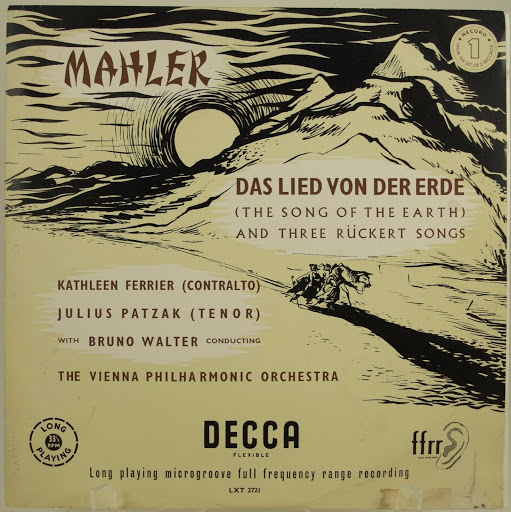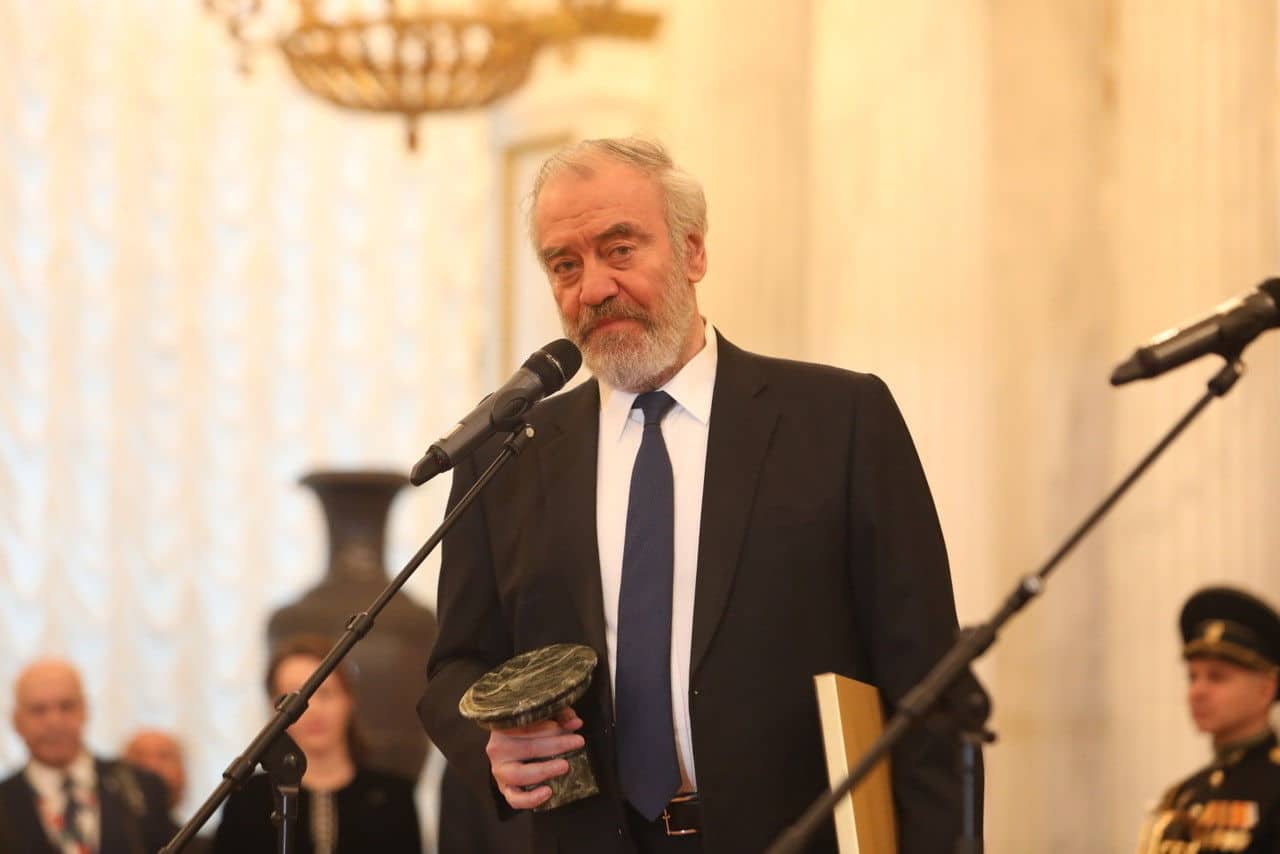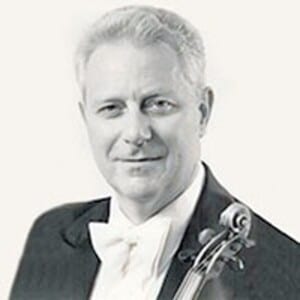Light go up by public demand in Das Lied von der Erde
mainHugh Kerr, editor of the Edinburgh Music Review, reports that the impact in his city of Mahler’s Song of the Earth, with Jane Irwin and Simon O’Neill as soloists, ‘was diminished by the failure of the audience to understand the wonderful words… This is because less than a quarter buy a programme and even those who do so can’t read them since the Usher Hall dim the lights.’
The following night in Glasgow, the lights were left on by popular demand.

And what was it Mahler wrote? Dunkel ist das Leben, ist der Tod!






It is a poorly structured work.
It might have been nice if Olassus had prefaced his post with IMO (or even IMHO) since, IMHO (and I suspect that of many others), it’s just plain wrong.
Steve, I’ve sat through it so many times and thought, oh God, couldn’t he have done better with the material? And of course he could, in so many ways. But he didn’t give a damn at that point. He was depressed and sick. So we got this mal-formed hulk of a score, with horrible demands on the tenor and some ravishing, mostly overlong passages for the mezzo, in six incongruous sections that involve massive resources to perform but amount to nothing in particular. Yet we are supposed to all hail a masterpiece.
Olassus: thank you so much for your insights as to Mahler’s compositional deficiencies which I will bear in mind next time I hear the work. In the meantime perhaps you would be kind enough to inform us how exactly Mahler could ‘have done better with the material’ preferably with some musical examples of your own.
Meh — whatever. You are entitled to think whatever you want about any piece of music. Just don’t forget that others’ opinions are just as valid to them as yours are to you.
You must be a troll. No intelligent person would sit through a work “so many times” that he obviously despises. It would be as masochistic as me reading any more of your future comments.
The last two involved Kirill Petrenko (2016) and Simon Rattle (2018) — and I promise, that will be it.
Are you sure you are on the right website?
These may be more interesting alternatives:
http://www.everydaylistening.com/
https://www.youtube.com/watch?v=2wj2l4JFa1Q
http://www.kreidler-net.de/
Steve — it’s pretty simple to supply that “IMO” if the writer doesn’t.
It’s also easy to fall into the “your opinion is only your opinion; my opinion is the truth” trap. Mind how you go 😉
Right. The first five songs are too short and bouncy, and the last song is too long and slow. Mahler didn’t know what he was doing.
That said, I have often thought that “Der Abschied” would make a wonderful piece for voice and orchestra all on its own.
It does. I heard Thomas Hampson sing it at the d’Orsay auditorium two years ago. I couldn’t move when it was over.
Write one better.
Hugh Kerr is wrong. The experience is diminished as the lights go up. If reading the words is your priority then why do opera houses bring the lights down?
Because they have surtitles Iain !
Opera houses nowadays generally have supertitles.
Many times I have sat in a concert hall and wished for more light so that I could read the text. I think what was done in Glasgow was great!
Because they have these things called surtitiles or whatever, and they are doing this thing called theater.
How is the experience diminished with the lights up?
One begins to watch the people sitting next to one, and in front and behind, and if one has a balcony seat and binoculors, there is a sea of people to observe in all its variety. And then, human interest overwhelms any musical interest which may have been present in the dark.
Well, this ‘one’ doesn’t watch the people sitting next to this ‘one’. While I prefer a darkened hall, I’m just fine with the lights up some, particularly if it allows the audience to engage with the text and the music.
One could always, shock – horror!, read the words BEFORE going to the concert!
The trouble is the Bethge poems are in German which is a totally incomprehensible language and it is impossible to find a decent English translation.
I am constantly amazed that the UK charges for programmes. Concert halls in Canada issue them with admission, including texts with words for sung pieces.
But anyone who sits and reads throughout a concert is there for the wrong reason. If knowing all the words is that important, get them ahead of the concert (libraries, anyone? the internet?)and study them up. Then go and listen to the music.
V Lind, that is such a generalisation that concert goers who read through a concert are there for the wrong reason.
I was a player for about 40 years, and often when I was at a concert (in the audience) after my career had finished, I would sit with a copy of The Times crossword on my lap.
A fellow member of the audience once questioned why I did the crossword instead of watching the performance. I replied that I was perfectly happy to LISTEN, and in any case I knew only too well (from my performing experience) what went on on the platform during the concert, so didn’t need to watch.
I DO agree about having to pay for a programme though.
I always appreciate hearing the audience turn their pages between movements. It shows they are paying attention.
I suppose I could read all of Gotterdammerung before a performance and have that pre-reading be not too useful for me at the performance.
They should use surtitles more often. I remember attending a performance of Four Last Songs of Richard Strauss in Royal Festival Hall few years ago with surtitles. Quite a few members of the audience were in tears. It does not happen very often, I am sure that the surtitles helped.
Poorly structured? Really? It is better structured than the Symphony No. 8 and than most of the Third as well.
Right. Why couldn’t Mahler make all his symphonies the same length, like Brahms did? Also, why couldn’t he make all the movements the same length? Like a normal 19th century composer.
Brahms used a ruler to make sure his symphonies had the right length. Bruckner counted the number of trees along the road towards his church to relate them to his symphonies, the bars of which he carefully lined-out before writing them. Mahler used the centimeter of Alma’s seamstress which was quite long, as can be heard, and Ravel made sure his pieces were as short as he was himself. Webern composed with a magnifying glass to keep his works at microscopic length out of fear to bore the audience. Length has always been a serious concern of composers.
Satie claimed he had become a musicochronometrist, measuring ‘all music’ , Bach, Beethoven, Verdi etc. and later-on developed this method further into phonometrology:
“Everyone will tell you that I am not a musician. That is correct. From the very beginning of my career, I classed myself as a phonometrographer. My work is completely phonometrical. Take my Fils des Etoiles, or my Morceaux en Forme d’une Poire, my En Habit de Cheval, or my Sarabandes — it is evident that musical ideas played no part whatsoever in their composition. Science is the dominating factor…I think I can say that phonology is superior to music. There’s more variety to it. The financial return is greater, too, I owe my fortune to it. At all events, with a motodynaphone, even a rather inexperienced phonometrologist can easily note down more sounds than the most skilled musician in the same time, using the same amount of effort. This is how I have been able to write so much. And so the future lies with phonometrology.”
https://flypaper.soundfly.com/diversions/composer-erik-satie-was-weirder-than-you-realize/
I find nothing wrong with the lights being on so people can read the words.
(a) Not everyone in an audience in Scotland is going to know German; and
(b) even if people have looked up the words ahead of time, they may not have the entire cycle memorized. Even the singers don’t always perform the piece from memory.
Scots are NOT known for their facility with foreign languages + Programmes at Scottish Arts’ Venues are ridiculously expensive hence the low sales!
Some people in Scotland claim English is a foreign language, making them “very proficient in a foreign language”.
A. Edinburghers are too mean to spend on programmes and think they’re a cut above / like to think they know it all.
B. Glaswegians are up front.
C. It’s about time UK. institutions stopped charging for printed programmes as the cost of printing is already covered by income through advertising.
D. It’s time for supertitles in concert halls.
The London orchestras mostly provide free programmes, and display surtitles during the performance. Maybe it is just a Scottish thing to do neither?
tI is not surprising that few people buy concert programmes, not just because they are expensive but are always full of the same adverts which leave little text about the music and musicians. I notice many people takes some notes about the music with them, and of course there was a time when people took scores with them to follow the music. There used to be a tradition when the texts were handed out on an A4 sheet gratis but thats long since gone. Promoters should make concerts more audience friendly by handing out a flier with the basic texts and would help both young and old concert goers.
The problem with leaving the lights on so people can read the program is the noise people make turning the pages and occasionally dropping the booklet. Project super titles if you think it’s important for people to understand every word.
Muti had the supertitles turned off for last year’s CSO concert of Aida – the machine was making lots of noise. This year’s Cavalleria R. had no supertitles. In both instances the lights were left up and there were texts books with the free programs. Not against supertitles in the concert hall, if they are quiet! And does anyone want to go back to the non-supertitle opera house?
I’ve never understood your Brit practice of not handing out a full program which should be considered in the price of a ticket, though I can understand charging for some of the lavish souvenir programs I’ve seen.
They make you pay extra for programs? Is that standard practice in the UK and other European orchestras?
At my local orchestra (Louisville Orchestra) the ushers hand out programs for free as you enter the hall to go to your seat. And the programs always have printed lyrics (original and English translation) of any sung texts for people not already familiar with them.
No, it isn’t “standard practise in the UK”. But it does vary across venues.
Another typo: LightS go up
Sighs! The concert world spurns technology – surtitles in this case, but I could go on – whilst commenting about how they must attract a younger audience.
They want to attract young people who are real people and not automatized robots. There is no reason why an art form should adapt to its audience while it is so much easier for the audience to adapt to the art form: reading a bit, listening a bit beforehand, widening one’s perceptive framework a bit, rejecting one’s populist prejudices for an evening.
Bore-slap.
That kind of snobbery will result in almost no audience. In my experience, most people who go to concerts know only a little about classical music, and they really aren’t there to study; they just want a nice evening out. So the venue should try to make life easy for them.